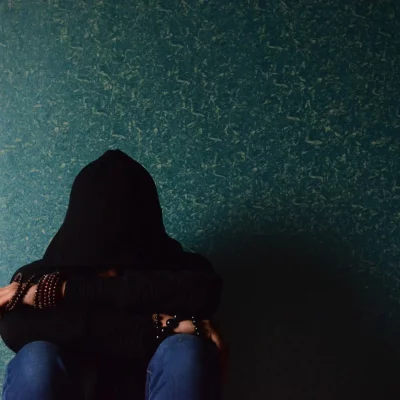Depression in College Students
The prevalence of mental health concerns in college students has been steadily rising, with depression, suicide, eating disorders, and anxiety as the most common. According to the American Psychological Association (2013), about 33% of college students in the previous year had felt that depression inhibited their daily functioning, and there are so many potential reasons for this: the increase in pressure and responsibility, lack of adequate support, first-time separation from one’s family, and stress and anxiety concerning academic performance, finances, and what life will be like after college. Further, there are certain genetic, hormonal, and seasonal factors that may induce depressive symptoms or make a person more at risk for acquiring it.
Signs & Symptoms
There is no one-size-fits-all picture of what depression looks like. Just as any other mental health disorder, it varies by individual, but there are things you can look for, in yourselves and those around you, that may indicate that a person is struggling with depression. These symptoms typically affect the physical, emotional, and cognitive aspects of individuals who live with depression, as it is an all-encompassing disorder.
Generally, people with depression may experience feelings of hopelessness, guilt, irritability, and sadness, with decreased interest in the things they formerly enjoyed and diminished attention to their hygiene and appearance. Depression can lead to changes in appetite and weight as well and can interfere with the ability to sleep. Moreover, it can lead to the excessive use of things like gambling, the internet, alcohol, and other substances. In fact, individuals “with mood or anxiety disorders are about twice as likely to suffer also from a drug use disorder,” and are more likely to experience internet addiction than the general population (Katikalapudi et al., 2012; National Institute on Drug Abuse, 2008). Some of the most common cognitive symptoms of depression are forgetting things, difficulty concentrating, indecisiveness, and slower reaction time (Tartakovsky).
Any combination of these symptoms can pose problems for an individual’s daily functioning. Specifically, in college students, depression may lead to behaviors such as isolating themselves, skipping class, neglecting responsibilities, and binge-drinking.
Steps You Can Take
As a friend, colleague, or professor of a student that may be experiencing depression, it is important for you to be sensitive to and supportive of that individual. Recognize that the things they are going through are likely not in their control, and encourage them to reach out to a mental health professional. One of the worst things you can do is minimize what they are going through and criticize them for the effects it is having in their life.
If you, yourself feel that you are experiencing depressive symptoms, it is good to process what you are feeling with someone else, though it can be hard to talk about. It may be helpful to turn to a trusted friend, family member, or professor at first, but if your symptoms are impeding your ability to function, getting in contact with a counselor or therapist will be the most effective way to work through your emotions and develop healthy coping skills.
If you are suffering with depression, please schedule a free consultation today to get connected with Pittsburgh’s best therapists!
About Makin Wellness :
Founded in 2017 , Makin Wellness is Pittsburgh’s premier therapy and coaching centers located in Downtown , Pittsburgh and New Kensington, PA. The company’s mission is to help people heal and become happy again. Makin Wellness specializes in depression, anxiety, addiction and relationship counseling .

Sara Makin
MSEd, LPC, NCC








